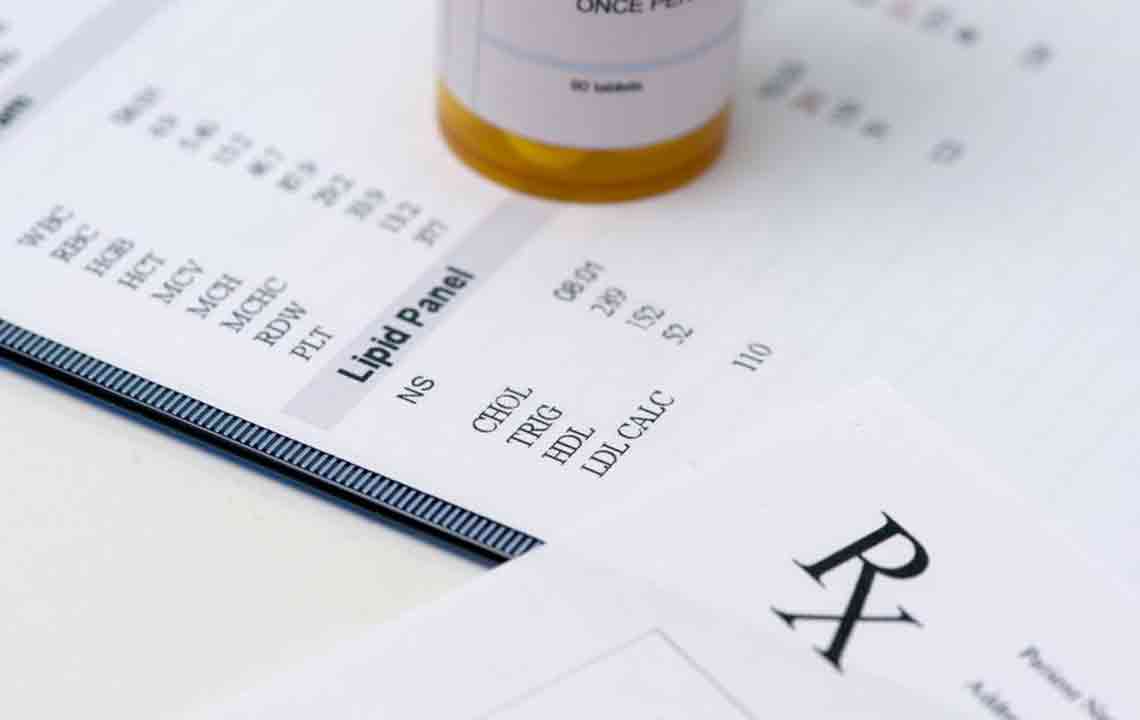Understanding LDL Cholesterol and Its Impact on Health
This article explains the importance of maintaining healthy LDL cholesterol levels to prevent serious health issues like heart disease, stroke, and diabetes. Learn about causes, symptoms, and effective management strategies including diet, exercise, and medication for optimal heart health.
Sponsored

Cholesterol is a waxy substance produced naturally by the liver, essential for various bodily functions. Consuming excessive amounts from foods like meat and dairy can elevate blood cholesterol levels. Elevated cholesterol increases the risk of cardiovascular issues and strokes. Managing high cholesterol involves maintaining a healthy weight, engaging in regular physical activity, adopting a heart-friendly diet, and, if necessary, medication.
LDL cholesterol, often called 'bad' cholesterol, deposits in arteries, forming plaque that causes atherosclerosis.
This buildup can lead to blood clots, increasing the risk of stroke and heart attacks. Ideally, LDL should stay below 130 mg/dL; higher levels pose health risks. Elevated LDL can cause angina, characterized by chest pain due to narrowed arteries, and increase the likelihood of strokes by blocking blood flow to the brain. It also contributes to heart attacks through plaque formation. Diabetics are more vulnerable due to the impact on cholesterol levels. To reduce LDL, avoid fried foods, red meats, full-fat dairy, and tropical oils. When lifestyle changes are insufficient, consult a healthcare provider for medication options.






